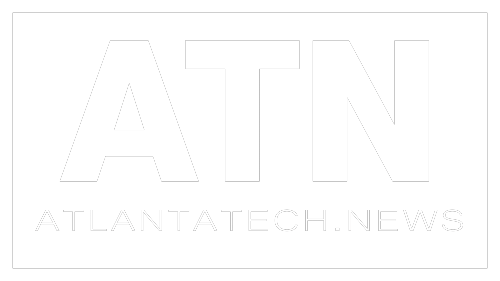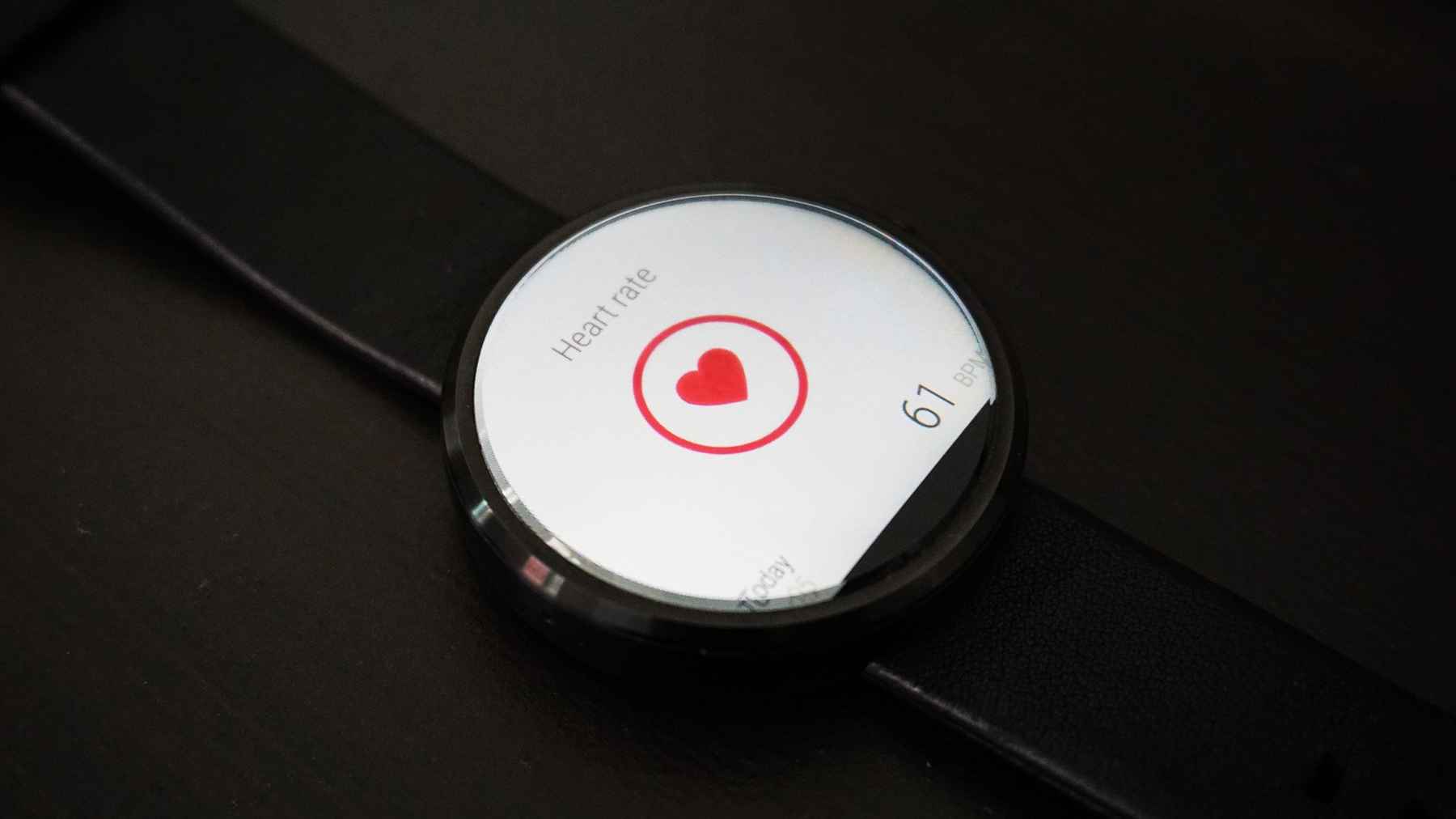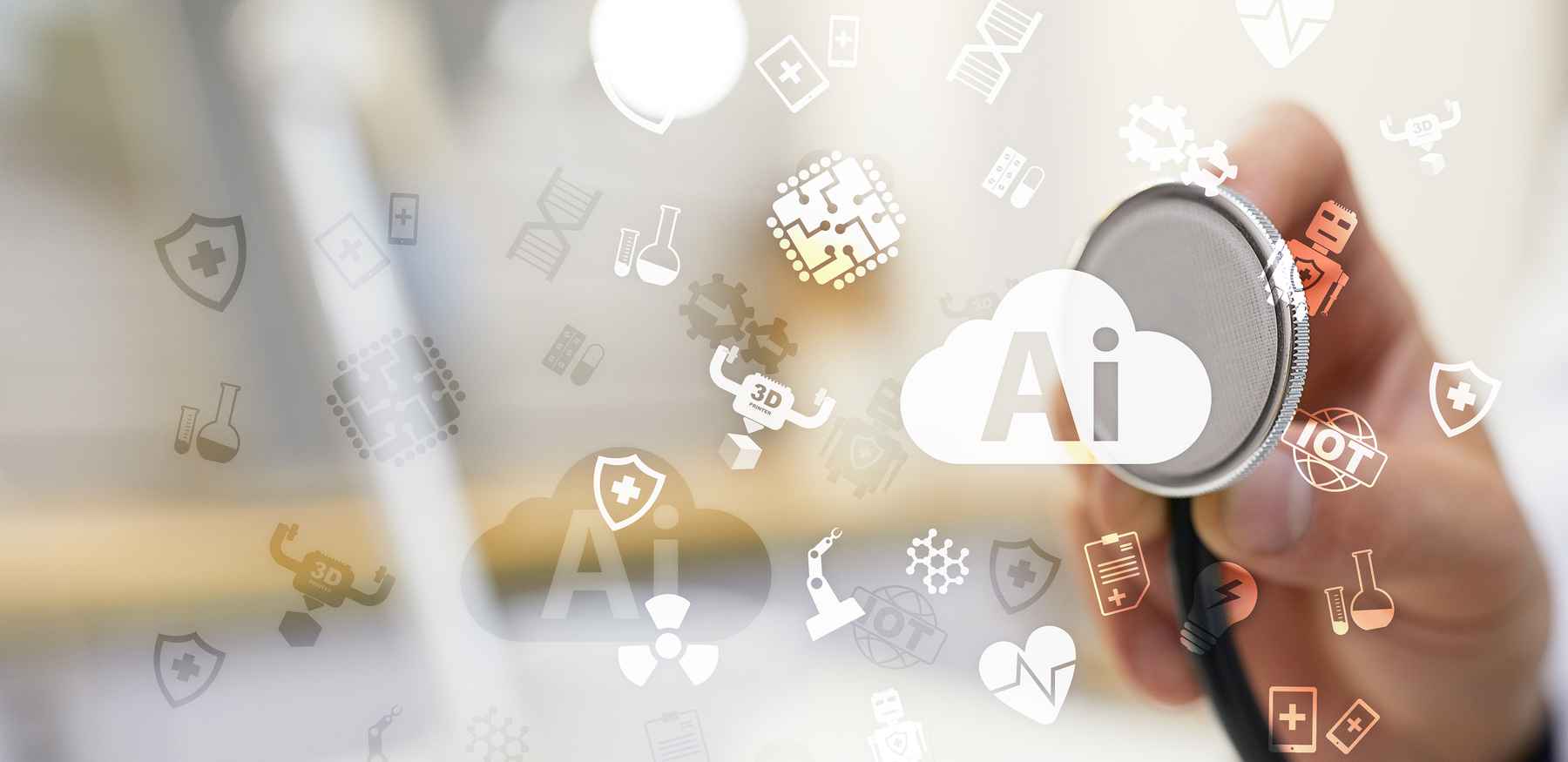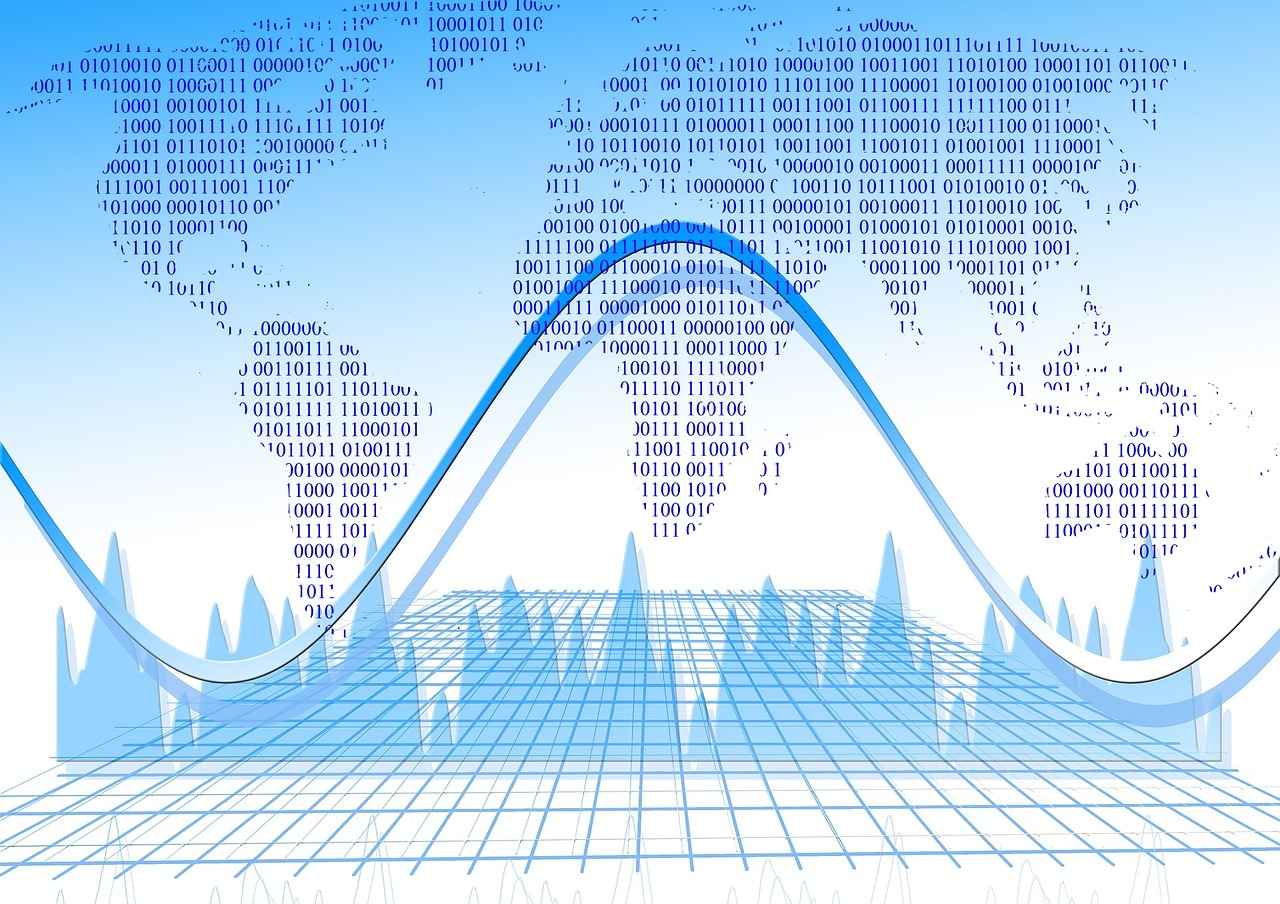Over the years, the healthcare industry has been a sluggish adopter of technology applications primarily because of its highly sophisticated and fragmented systems. Nonetheless, with the introduction of wearable technology and smart connected gadgets, IoT (Internet of Things), patients now can take control of their health and act accordingly.
From technologies that enable persons to better manage their health, to better methods of diagnosing ailments, and so much more, digital health tools have a significant effect on how health services are generally delivered as well as how health systems run.
Having identified emerging healthcare trends, this article outlines three significant ways that digital health tools are changing healthcare.
Improved Quality of Healthcare
Digital healthcare tools enhance the overall quality of healthcare, inclusive of cases where patients live significantly far from their physicians. Currently, the emergence of digital healthcare tools means that paper-based health records, letters, education pamphlets, and prescription charts are past tense. Health institutions can now enter data into distinct electronic databases, send emails, and access electronic prescription charts.
With electronic health records, it is possible to minimize medical errors. This is primarily by minimizing errors made when administering medicine. In fact, according to research, the use of a computerized decision support system (which recommends various dosing guidelines) improved prescription dosing accuracy by 13%.
More Empowered Patients
The emergence of digital tools courtesy of the digital revolution in the health care industry facilitates personalized, dynamic education. Chronic illness management is pushing physicians away from traditional healthcare systems, to modern systems where patients are empowered to manage their health and care effectively.
Diabetes is one good example. In Australia alone, it affects about 1.7 million persons. It is a significant risk factor for developing stroke and cardiovascular disease, hence the need for diabetic patients to better manage it to minimize their risk.
One study recently assessed an online team-based game that was provided by an app aiming to offer self-management education of diabetes. The outcome was that those participants who got the app in this trial exhibited meaningful and sustained improvements in their condition, as indicated by reduced levels of HbA1c (blood sugar).
What’s more, with Microsoft, Google, and Apple working to offer patients access to historical (health) insurance claims from their gadgets, users can now have more data accessibility and more options in how they can access their details.
More Accuracy in Healthcare
New digital health tools and gadgets are also being utilized by persons of all ages to measure sleep, record nutrition, and track activity. Such data offer accurate and instant feedback to both the users and their physicians, enabling adjustments where needed. The logged data may also be collected and stacked into massive data sets to disclose recurrent patterns and help with future treatments.
Wearables and fitness trackers are among the most commonly used digital health tools in this case. They are arguably the most accessible and popular IoH devices around with multiple major companies like Apple, Samsung, and Fitbit producing more and more of them. These gadgets track and monitor heart rate, calories burned; physical activity levels etc. daily and subsequently sync the health information to laptops or smartphones.
Rapid digital technology advancements are revolutionizing the healthcare industry. Digital health tools and technologies have opened up numerous possibilities for defining the future of healthcare and ensuring efficient public health action. Besides the convenience they offer, digital health tools are ideally what is needed to improve efficiency and transparency in healthcare, and ultimately minimize overall costs.





